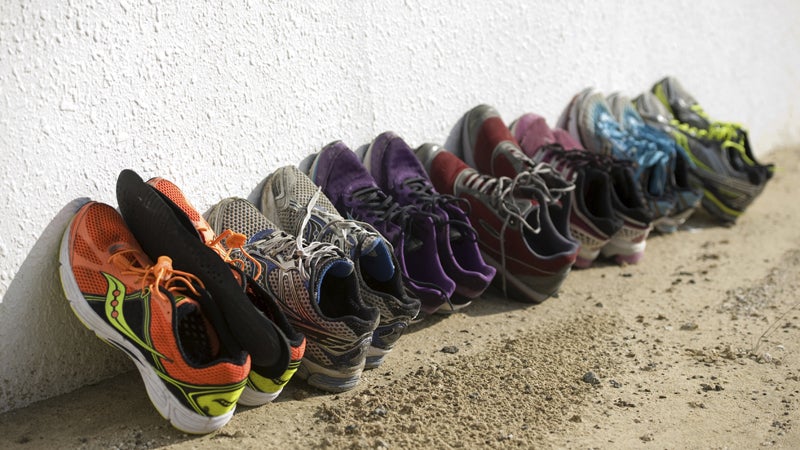No matter how smart you think you are, getting some exercise might just make you a bit sharper. Researchers at Michigan State University have found that .
Most research into aerobic exercise and memory has focused on children and the elderly, but Kimberly Fenn, assistant professor of psychology, and , wanted to investigate how it affects healthy young adults. To test college-age long-term memory retention—long term is defined as anything longer than 30 seconds—they rounded up 75 students and had them memorize sets of two-word pairs, like “pants-zipper,” and “oxygen-air.”
They also evaluated each student’s fitness level based on factors including oxygen consumption during a treadmill test, participants’ weight, percent body fat, age and sex. “About half of the students fell below what would be considered average for their age and sex,” Pontifax says.
The next day when the students returned, they were tested on the word pairs. Pontifex and Fenn found that students who were less fit had a harder time remembering the pairs they’d memorized the day before. “This suggests that avoiding sedentary behaviors is important even for high-functioning adults,” Fenn says.
Though test only spanned a 24-hour interval, it’s likely that the results would be the same if they brought the same subjects in six-months later. “Although we cannot speak to intervals longer than this, performance after one day is highly correlated with performance at longer intervals.”


